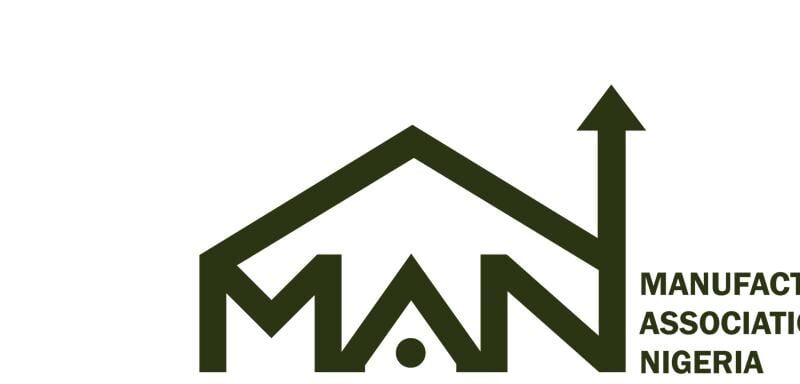 The Manufacturers Association of Nigeria has urged the Federal Government to reinvest proceeds from the newly approved 15 per cent import tariff on petrol and diesel into energy infrastructure, refinery efficiency, and power support schemes for industries.
The Manufacturers Association of Nigeria has urged the Federal Government to reinvest proceeds from the newly approved 15 per cent import tariff on petrol and diesel into energy infrastructure, refinery efficiency, and power support schemes for industries.
The association described the policy as a patriotic and strategic step that aligns with its advocacy for the patronage of Made-in-Nigeria products and the ‘Nigeria First’ industrial agenda.
Director-General of MAN, Segun Ajayi-Kadir, said in a statement on Wednesday that the tariff imposition was a “sure step toward strengthening local value addition, domestic refining capacity, conserving foreign exchange, and advancing Nigeria’s long-term industrialisation objectives.”
He said, “The 15 per cent tariff is a deliberately designed policy instrument intended to protect and encourage domestic producers, curb dumping, and create a stable environment for local refiners to thrive.”
Ajayi-Kadir noted that the policy had reassured manufacturers that the government was attentive to the need to grow indigenous industries, adding that it would accelerate the operational readiness of local refineries and stabilise energy supply to industries.
He added, “We call for transparent, efficient, and well-coordinated implementation to ensure that its benefits reach both industry and consumers, safeguard competitiveness, and prevent unintended cost burdens.”
MAN urged the government to ensure transparent price monitoring through regulators such as the Nigerian Midstream and Downstream Petroleum Regulatory Authority and the Federal Competition and Consumer Protection Commission to prevent excessive mark-ups and anti-competitive behaviour.
It also called for a stable transition period, especially during the festive season, to support local refiners and prevent fuel supply shocks or speculative hoarding.
Ajayi-Kadir further advised the government to reinvest tariff revenues in energy and refinery infrastructure, provide credit facilities for industrial energy transition, and create incentives for small and medium manufacturers that rely on diesel-powered generators.
He also urged the government to privatise non-functional refineries to stop the “commitment of scarce financial resources to an evidently irredeemable venture.”
The MAN boss stated, “This tariff is a vital step in achieving energy independence and industrial sustainability, both of which are prerequisites for Nigeria’s economic transformation. We believe it will accelerate the country’s journey toward energy sovereignty, industrial competitiveness, and sustainable economic growth anchored on the strength of Made-in-Nigeria.”
An earlier policy brief by the Centre for the Promotion of Private Enterprise corroborates MAN’s position. Director of the CPPE, Dr Muda Yusuf, also described the 15 per cent import duty on refined petroleum products as a “progressive and corrective policy measure” that would promote strategic protectionism and strengthen Nigeria’s productive base.
Yusuf said, “The policy represents a positive step toward safeguarding domestic and emerging industries while building competitiveness and self-sufficiency. Sectors that enjoyed measured protection, such as cement, flour, and beverages, have recorded remarkable growth and value addition.”
The CPPE chief noted that the tariff will conserve foreign exchange, support local refineries such as the Dangote Refinery and modular operators, and reduce exposure to external shocks.
He added that, for the policy to succeed, government must complement it with low-cost financing, reliable energy supply, infrastructure investment, and streamlined regulations to improve domestic efficiency and ensure long-term consumer benefits.
Yusuf noted, “No country has industrialised through unrestrained exposure to imports. Protectionism, when pragmatic and disciplined, is not about closing borders; it is about building domestic strength for global competitiveness.”


